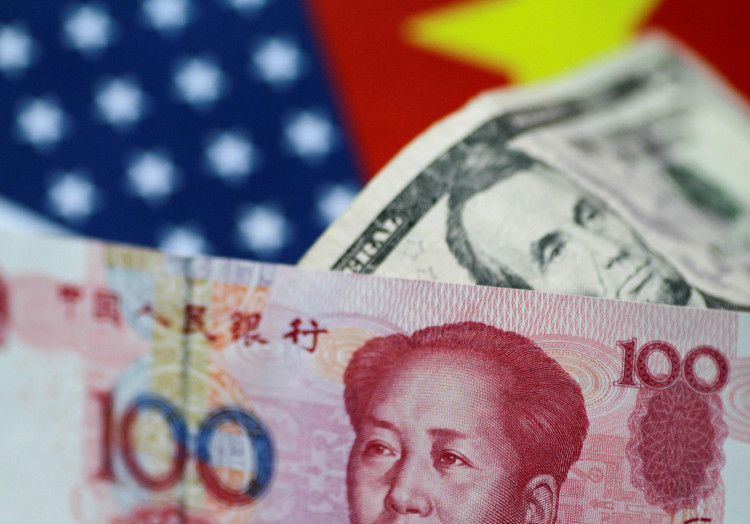China is heading towards another record year of onshore bond defaults, challenging the ability of the government to balance financial markets as the economy slows down and firms struggle to cope with unsustainable debt levels.
According to data compiled by Bloomberg, at least 15 defaults since the beginning of November have driven the amount this year to 120.4 billion yuan ($17.1 billion), within a width of the 121.9 billion yuan annual peak in 2018.
While the default amounts to a small sliver of China's $4.4 trillion onshorethe corporate bond market, concerns about a potential "contagion" have been fuelled by investors struggling to gauge which companies have support from Beijing.
Policymakers have been walking a tightrope as they attempt to reverse the implicit guarantees that have distorted China's debt markets for a long time, without dragging down an economy already weakened by the trade war and tedious global growth.
The government is having a hard time bailing out companies, said Wang Ying, a Fitch Ratings analyst based in Shanghai. China's loan burdens this year have extended from property developers and steelmakers to new energy firms and other industries.
The categories of lenders experiencing repayment issues have also spread from private firms and local state-run businesses to college business branches, an opaque and loosely regulated corner of the corporate world of the China.
One of those business units, the Peking University Founder Group, shook traders on Tuesday after it failed to repay a 2 billion yuan bond to investors. Similarly, Tunghsu Optoelectronic Technology Co., a supplier of photoelectric display parts, refused to provide a 1.7 billion yuan note early repayment on interest and principal.
Meanwhile, new stress signals have also emerged from the offshore market in China, which hathe s been more segregated from defaults so far.
Tewoo Group Co., a major commodities trader from Tianjin's northern city, is set to become the state-owned company with the highest profile to default on the dollar bond market in more than two decades.
Previously, the firm also proposed a debt restructuring plan involving substantial shareholder damages or exchange of new bonds with significantly lower yields, the first of its kind for an offshore SOE issuer.
Given the series of negative developments, analysts say China appears far from extricating itself from the risk of falling into a debt hole.
"I don't believe it's a tipping point," said Todd Schubert, Bank of Singapore's managing director for fixed income. "China is a large market with many issuers. In a working capital market, one would naturally expect certain defaults."





